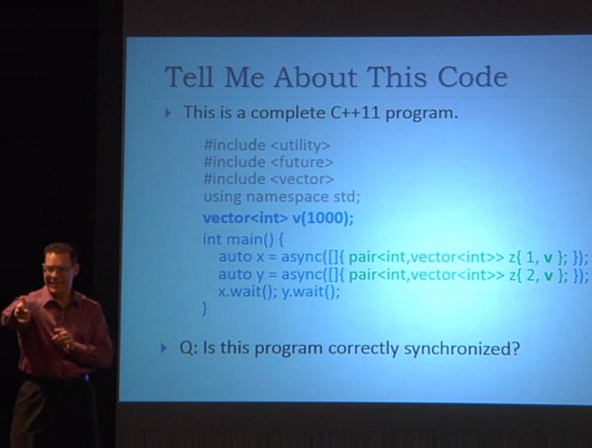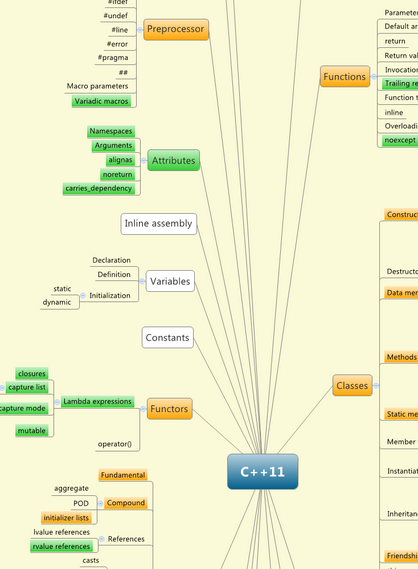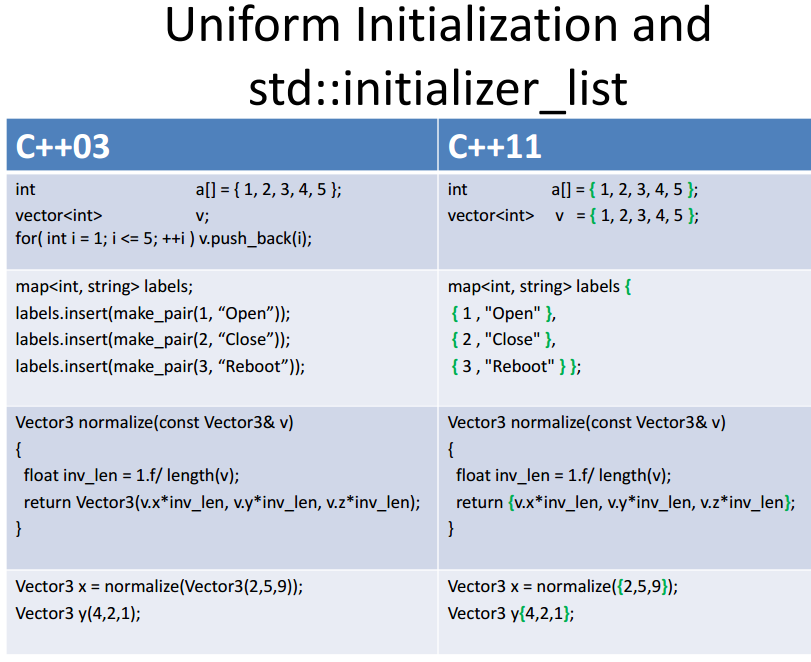SG 9 (Ranges) mailing list is now open
Marshall Clow, chair of SG9 (Ranges) has announced the SG9 mailing list is now open:
Sign up at http://www.open-std.org/mailman/listinfo/ranges.
I'll post a welcome message to start off the discussion on Wednesday morning; please hold off on posting until then so that people have a chance to join.
Thanks - and have a Happy New Year!
-- Marshall
P.S. thanks to Keld [Simonsen] for setting up the list.








